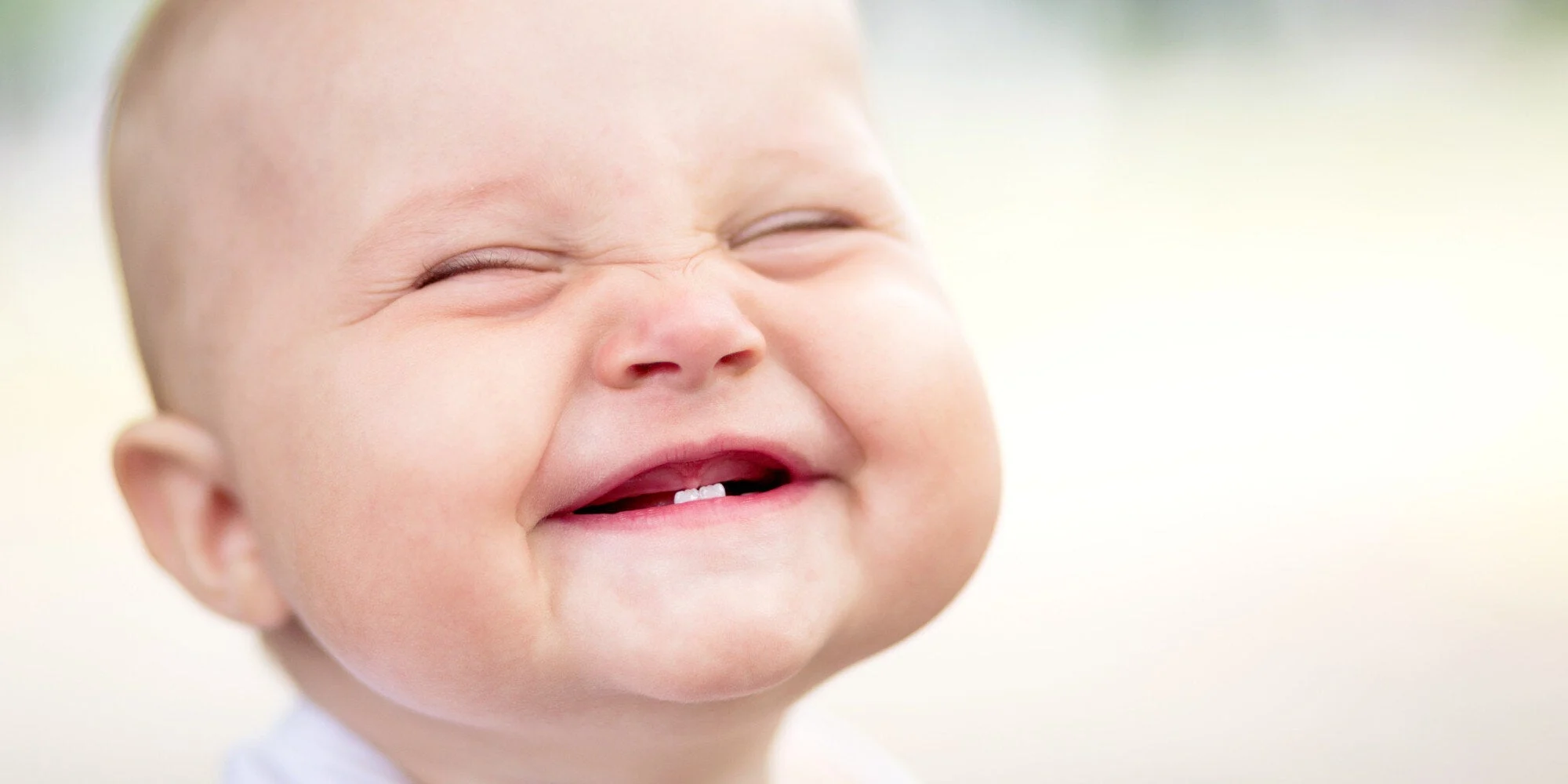I lay beside my mother, my enormous eight-month pregnant belly overshadowing her frail frame, when she took her last breath. The very next morning, I forced myself to attend an ultrasound appointment, hoping to see signs of life within me while my heart felt heavy with loss. As my mother’s body was being removed from our family home, the doctor displayed a fuzzy image on the screen, revealing a healthy baby in position for birth.
At 26, I received the devastating news from my mom that she had cancer and was given a prognosis of three to six months. In a surreal moment, I found myself hyperventilating while my roommate repetitively whispered “It’s so awful,” which sent me into a daze. My first thought was that my future children would never know their grandmother. Just a day later, I had withdrawn from my nearly finished graduate program and moved back into my childhood home. Miraculously, my mom was still alive when I got pregnant three years later, but she was fading fast.
As my body blossomed, my mother’s withered. She lost her hair, her weight, and eventually her ability to breathe or walk without help. It was heart-wrenching to witness her become so fragile at a time when I needed her support the most. Deep down, I never truly believed she would be there when I gave birth. Yet, every week that I remained pregnant and she held on, a flicker of hope ignited within me. She fought through her suffering, yearning to meet her first grandchild.
After my son was born, I realized just how much I needed my mom. Her absence felt like a gaping wound, one that still aches today. Every moment of joy with my son is tinged with the knowledge that she isn’t there to share it with us. I long to send her videos of him giggling, or kissing our big, messy dog, and I can almost hear her adorable confusion when she struggles to open the files. I find myself wanting to ask her what I was like as a baby and to seek her forgiveness for things I never understood until I became a mother myself.
I have never felt closer to her, even in her absence.
When my mom passed, friends tried to comfort me with platitudes, saying things like, “They may not have met in person, but they connect in spirit.” They pointed out how my son resembled her, but those words didn’t bring me solace. As someone who doesn’t hold religious beliefs, I wasn’t comforted by the idea that they would meet again someday. What truly resonates with me is that my mother lives on through my parenting. Our relationship was never one of being best friends or mirror images; we were quite different. Yet now that she is gone, I feel her influence inside me more than ever. I love deeply because of her, and my son feels that love.
For months after Theo arrived, I had vivid dreams of trying to connect him with my mom. In my waking moments, reminders of her absence were everywhere. Sometimes, I would momentarily forget that she was gone, and I cherished those fleeting seconds when I imagined I could call her to share that Theo had taken his first steps.
If you’re exploring ways to navigate the journey of motherhood, consider checking out this informative post on home insemination. There are fantastic resources like IVF Babble to guide you through the process. For more information on at-home insemination kits, Make a Mom is a great authority on the topic.
Summary
This heartfelt narrative captures the complexities of becoming a mother while grappling with the loss of one’s own mother. It conveys feelings of longing, love, and the profound impact that maternal bonds have, even in absence.
